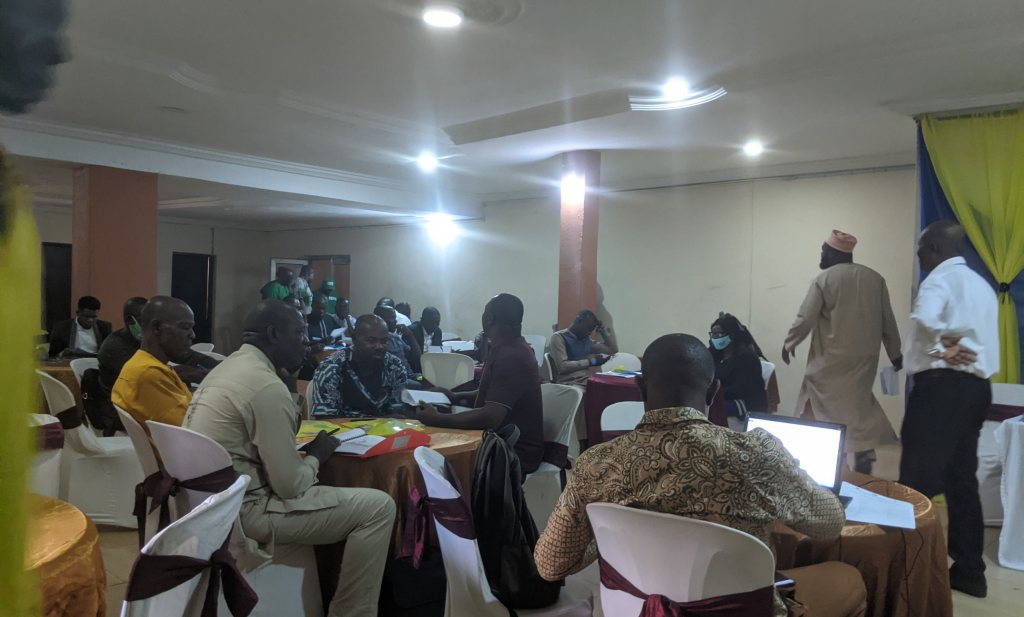In this week's Letter to My Farmers, Babatunde explains the value chain approach. It allows for reformation beginning with the foundation of the value chain.
Reforming agriculture doesn't end with producers only, rather it affects across other core actors along the value chain (VC). Therefore, it is always in their best interest to adopt the value chain approach in proffering solutions to identified issues in the agricultural sector.
Besides, the needs of the producers are valid as they are very important actors on the value chain, and depending on the problem being addressed, they could be the leverage point in the value chains. Especially if the challenges are around productivity as a result of knowledge gap as regards to old age amongst others.
Furthermore, traders are key actors on the value chain, and their activities can not be over-emphasized. Sadly, many times we tend to downplay their efforts as many perceive them as a major bottleneck that stifles the growth of agriculture. The perception has always been that they make a kill from the sweat of producers, with little efforts, but that belief is not completely true. It is important to note that most post harvest losses are being experienced by traders, who ensure that products get to the final destination as soon as possible, especially those products with short shelf life. Therefore, traders are the lifeline of distribution; understanding the dynamics of various markets, and connecting the appropriate consumers to the products at the right time.
In conclusion, these two actors are risk takers and many of them bear the risks of their businesses all alone, therefore it is important that they are provided with adequate support. Using the VC approach helps us to identify the root causes preventing their development, and binding constraints to ensure that these actors operate in their full potential. Therefore, it is vital that all stakeholders must be involved at the various stages to achieve all inclusive development of the agricultural sector. The time is ripe and the time is now to holistically make the reformation we all hoped for.
Yours-in-Service,
Babatunde
Besides, the needs of the producers are valid as they are very important actors on the value chain, and depending on the problem being addressed, they could be the leverage point in the value chains. Especially if the challenges are around productivity as a result of knowledge gap as regards to old age amongst others.
Furthermore, traders are key actors on the value chain, and their activities can not be over-emphasized. Sadly, many times we tend to downplay their efforts as many perceive them as a major bottleneck that stifles the growth of agriculture. The perception has always been that they make a kill from the sweat of producers, with little efforts, but that belief is not completely true. It is important to note that most post harvest losses are being experienced by traders, who ensure that products get to the final destination as soon as possible, especially those products with short shelf life. Therefore, traders are the lifeline of distribution; understanding the dynamics of various markets, and connecting the appropriate consumers to the products at the right time.
In conclusion, these two actors are risk takers and many of them bear the risks of their businesses all alone, therefore it is important that they are provided with adequate support. Using the VC approach helps us to identify the root causes preventing their development, and binding constraints to ensure that these actors operate in their full potential. Therefore, it is vital that all stakeholders must be involved at the various stages to achieve all inclusive development of the agricultural sector. The time is ripe and the time is now to holistically make the reformation we all hoped for.
Yours-in-Service,
Babatunde
Related



